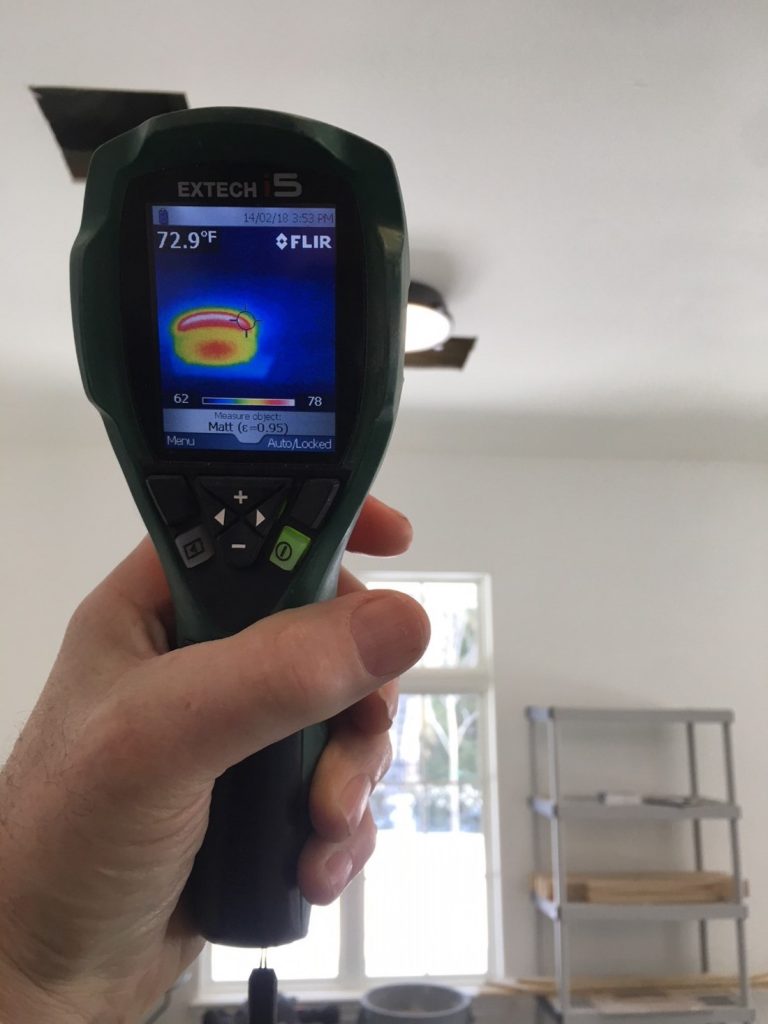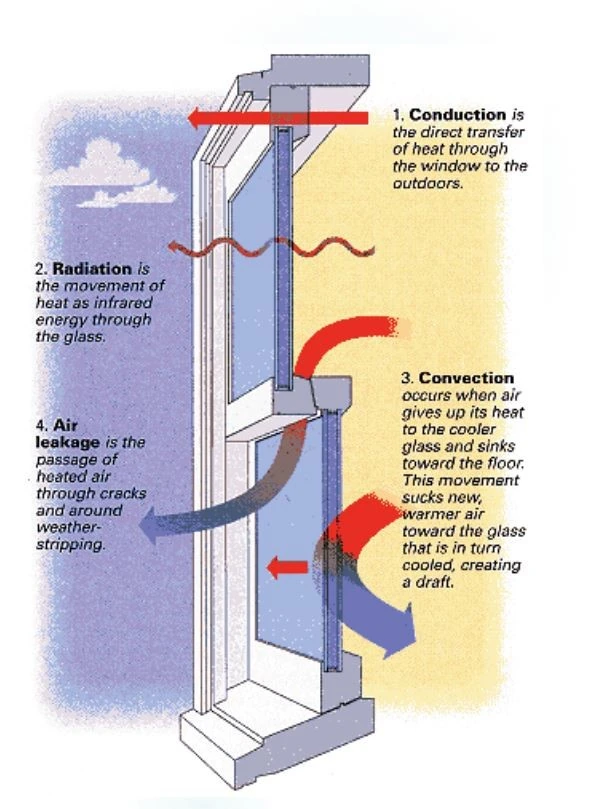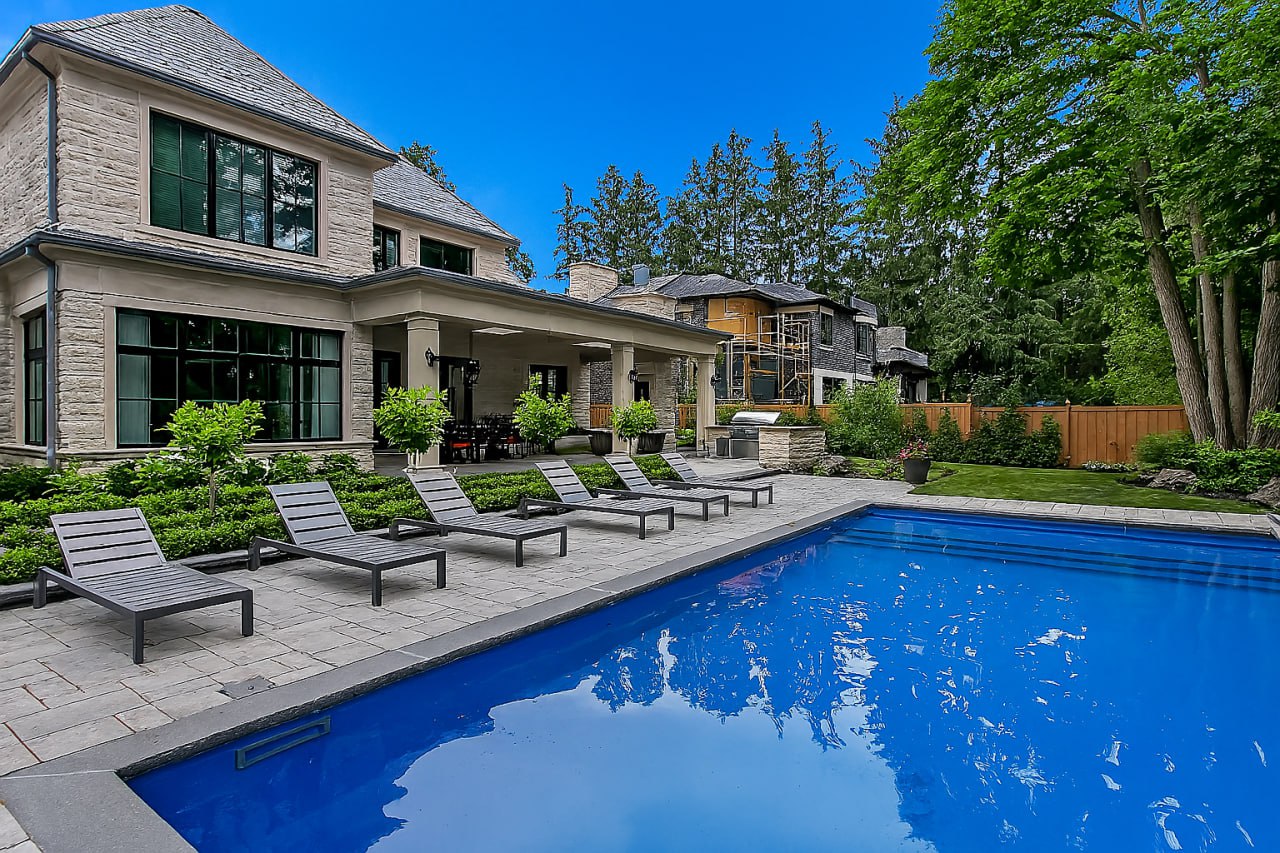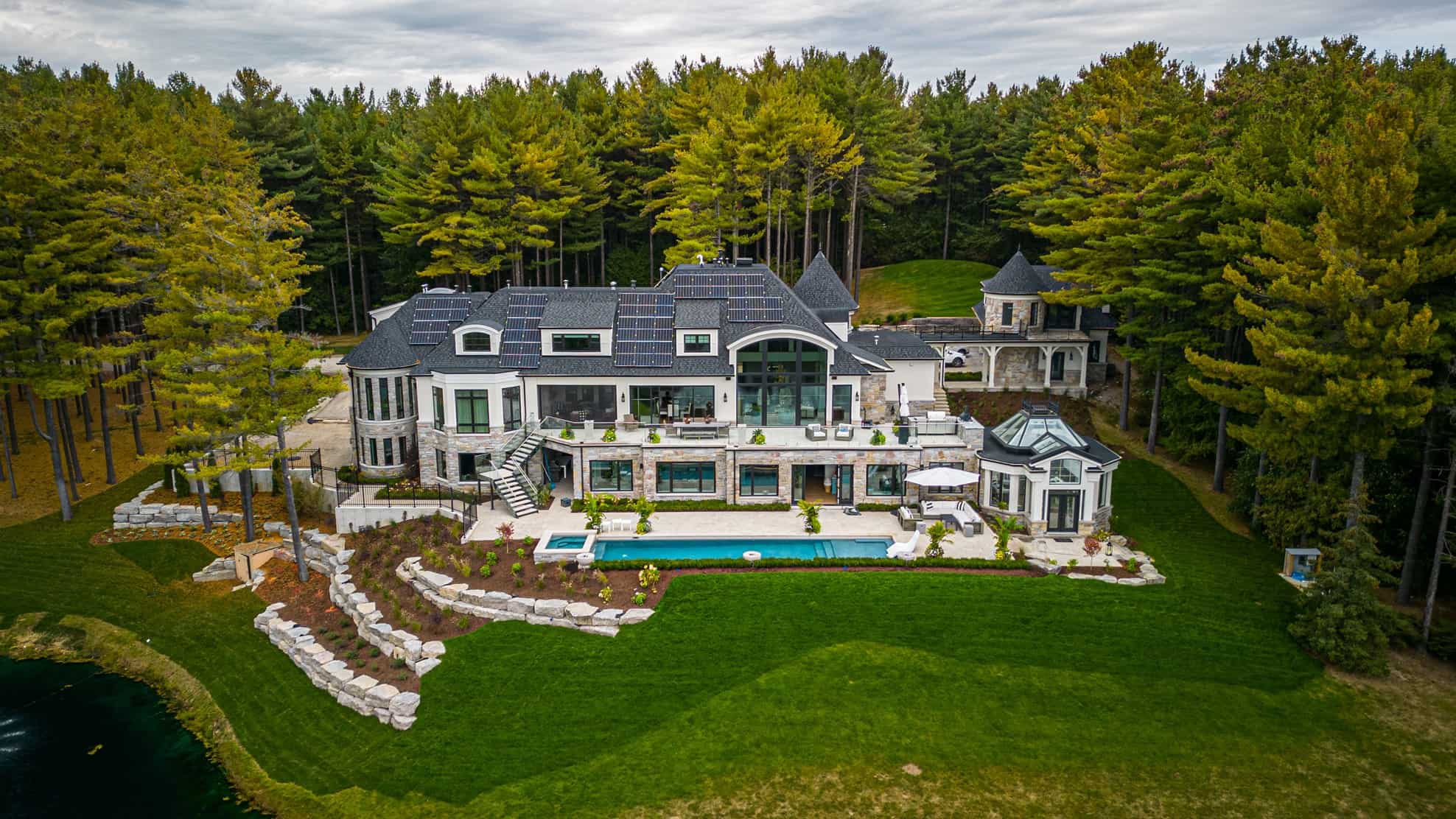First things first in your search… IS THERE A FIT?
Choose a builder, delve into specific questions and details. Assume the candidate boasts a track record of satisfied customers and high-quality builds. Start broadly, grasping the builder’s philosophy and alignment with your goals—especially if you prioritize sustainability, indoor air quality, health, and energy efficiency. Ensure the builder keeps abreast of evolving best practices in the fast-evolving field of construction. Discover if their approach aligns with your values and standards.

As energy efficiency, and for many, carbon emissions, have become an aspect of life, considering not only your personal views but which building approaches the potential builder adopts and how they align with your views is key. Building a high performance home will maximize resale AND provide a healthy, comfortable, energy efficient environment for your family to grow. Does the builder you are speaking to really have a handle on this? Beware the “greenwashed” companies who use high performance building jargon for marketing purposes! Below we’ve listed some key questions to ask about a High Performance home which if answered satisfactorily will guarantee a wise investment and an excellent result in your new home.
Why should I focus on Energy efficiency / sustainability? Did you know that most building codes are set for aggressive energy efficiency upgrades over the next few years? Like it or not, building to current codes will mean your home will be obsolete in a few years.

Note in the energy model – this shows the savings- from 200Gj with a home built to code down almost 60% energy savings at 84Gj annual consumption!
Energy Efficiency.
As codes demand higher energy efficiencies and homeowners expect more comfort, lower running costs and better indoor air quality, many building methods have been upgraded. Today’s builder has to be intimately acquainted with, and schooled in many nuances of building science. Well built homes often carry a certification label which means they have been third party tested to pass strict thresholds and performance levels.
Questions to ask the builder
- Do they energy model their homes?
- How many homes have they done that have a third party verified results?
- Can they demonstrate the amount of energy saved? (A good energy model should be able to demonstrate that your homes energy consumption can be cut at least in half. Guaranteed!
- What programs are they enrolled / certified in? Energy star , R2000 and Net ZERO are programs that ensure guaranteed results!
Energy Modelling is a large topic beyond the scope of this short article but if the builder is experienced in building homes to a high performance, third party verified standard ensures energy savings, comfort and a good investment for years to come as your family enjoy the benefits of a healthy home.

Infrared camera – building science tools
Blower door and building envelope.
A blower door (a procedure where the house is depressurized and its “leakiness” is measured) is an absolute must for any well-built house. This test will guarantee that the house will be tightly sealed from cold drafts, comfortable and will give you the ability to then control the indoor air quality and save money on wasted energy from a untested poorly built home. Ask the builder if they have a 3rd party guaranteed blower door test done ( as in the NET ZERO and Energy star programs!) These are standard code in over 20 states!

Energy star the most recognized energy efficiency brand
Windows are perhaps the biggest challenge in your home’s comfort. While we build our walls to perhaps R25 insulation values, windows are usually at best an insulation value of R4 or R5 or perhaps R6 , so understanding window and glass technology is important to maximize comfort and ensure you have the best windows for your home.

Understanding Window science and technology
Window discussions usually centre around a manufacturer, windows made by “Pella”, “kolbe” or “Andersen”. While these brands may be respected brands the devil is in the details. The right type of glass is essential to maximize comfort, health and energy savings in your home. Probe around here and ask the builder to explain the specifics of the windows he recommends and why?
One number you’ll see on a window label is the SHGC (solar heat gain coefficient) of the glass. This indicates how much sun can pass thru the window and how much heat is reflected. Careful selection of SHGC, particularly on the south and west exposure where bedrooms can overheat from afternoon summer sun can mean the difference between sleeping well, waking up refreshed or not! Not to mention that windows carefully selected can save on air conditioning and heating bills.

Condensation can be minimized with the right window selection
With a discussion on the U, Cr, ER and SHGC values of the windows they recommend, you’ll quickly learn the builder’s knowledge and understanding of the latest technologies and how he or she guides the process for the best choices for your home’s windows. See our next BLOG to continue the discussion……..






